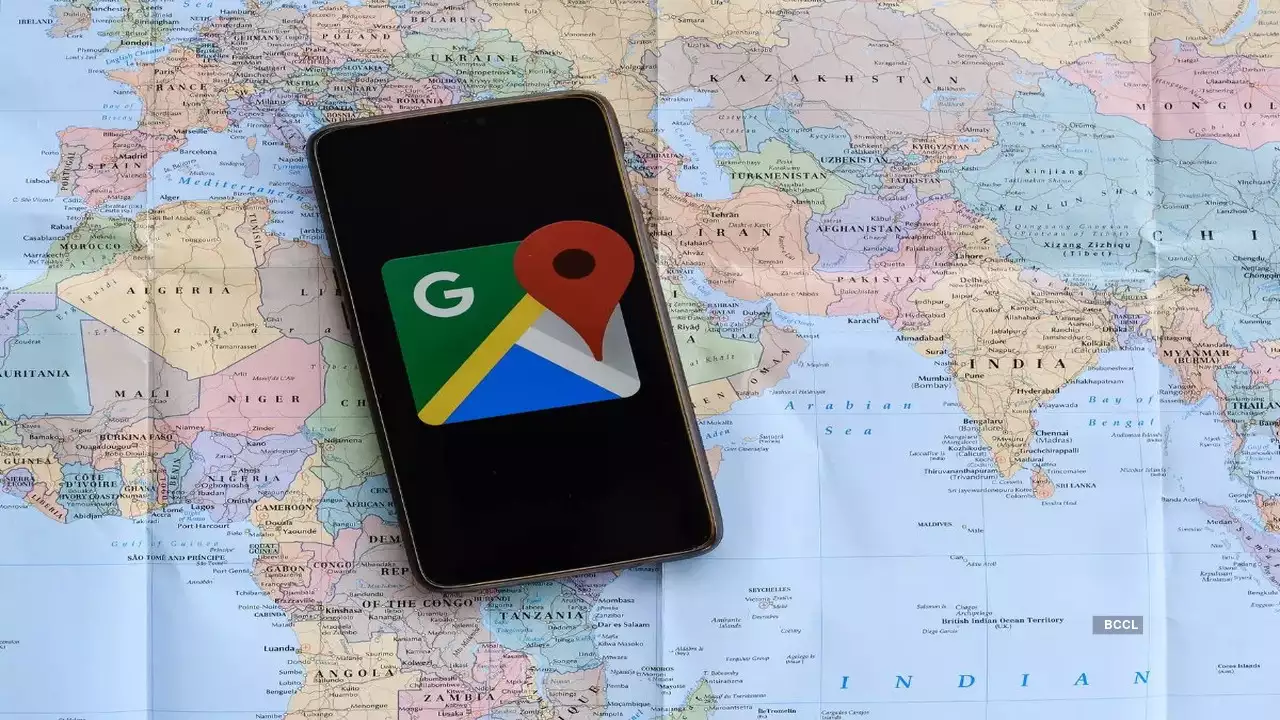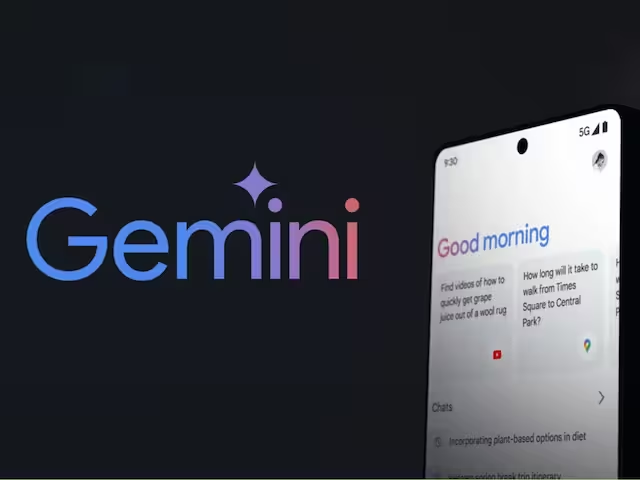Bing generative search is Microsoft’s response to Google’s AI-powered search experiences
Bing generative search, which is still in the process of development, was made available to all U.S. users this morning, following a pilot in July.
Microsoft is also introducing an option to activate Bing’s generative search for “informational queries more easily.” The simplest invocation method is by searching for “Bing generative search” on Bing.
Bing generative search is supported by a combination of AI models, which aggregate information from various sources on the web to produce a summary in response to search queries.
For example, when a user asks “What is a spaghetti western?” A summary of the genre’s history and examples, as well as links to sources, will be displayed by Bing’s generative search.
The search page offers the option to exclude AI-generated summaries for traditional search results, as is the case with Google’s comparable AI Overviews feature.
Bing’s generative search function extends beyond the mere discovery of an answer.
“In a blog post, Microsoft stated that it comprehends the search query, reviews millions of sources of information, dynamically matches content, and generates search results in a new AI-generated layout to more effectively fulfill the user’s query.”

Microsoft insists that Bing generative search, an evolution of the AI-generated conversation answers introduced on Bing in February 2023, more accurately satisfies the intent of users’ queries.
However, there is a wealth of literature regarding the inaccuracies of AI-generated search results.
Google’s AI Overviews made the infamous suggestion to apply adhesive to a pizza. One reporter was informed by Arc Search that toes that have been severed will ultimately regrow.
Genspark suggests a limited number of armaments that could be employed to terminate an individual. Additionally, Perplexity plagiarized articles from publications, including Bloomberg, Forbes, and CNBC, without providing any form of credit or attribution.
The traffic to the websites from which AI-generated overviews are derived is at risk of cannibalization. Indeed, they already are.
According to a study, Google’s AI Overviews could diminish approximately 25% of publisher traffic because they downplay article links.
Microsoft pledged in July to “closely examine the impact of generative search on publisher traffic”. It indicated preliminary data indicating that Bing generative search “maintained” the number of website clicks.
However, the organization disclosed no new information regarding that research today.
Any modifications to the Bing experience will have a less significant impact than those made by Google as a result of Google’s substantial search market advantage.
As of September 2024, Google held an 81.95% share of the global search market, while Bing held a 10.51% share, according to Statista.



